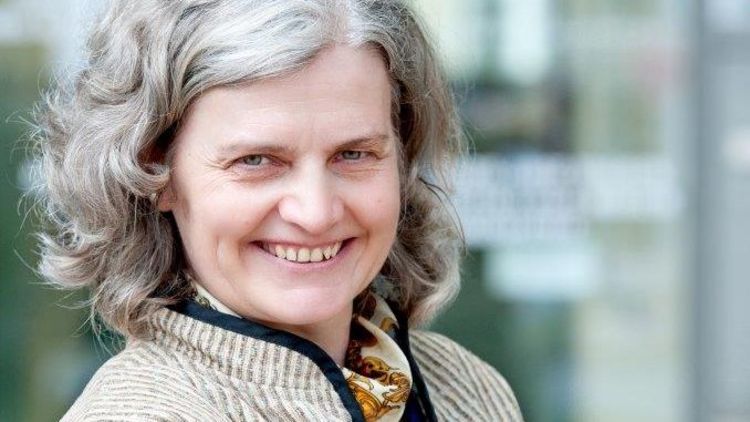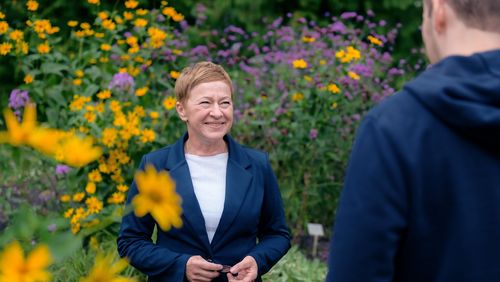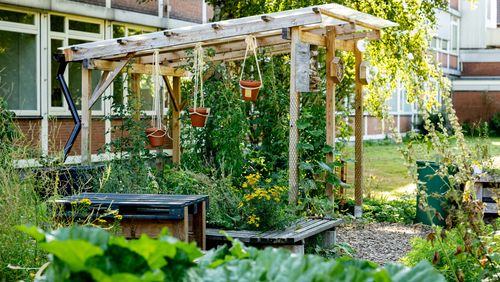A good team: professor of chemistry Katharina Al-Shamery and sociology professor Martin Heidenreich are the university's Ombudspersons for Good Academic Practice. Here, Al-Shamery talks about her role.
"For three years now, Martin Heidenreich and I have been the main contact persons for matters relating to good academic practice at the university. When a case is brought to our attention our first step is to clarify what the problem is. If there are suspicions of serious academic misconduct – such as falsifying data – we pass the case on to the Commission for Good Academic Practice. Such cases are very rare. The Commission then decides whether the suspicion is justified and what measures are to be taken.
With other cases we try to mediate and settle disputes as far as possible – all on a confidential basis, of course. We deal with two main areas. The first is disputes involving publications: Who is entitled to be a co-author? What content should be included in a particular publication? The second is situations in which supervision relationships are not optimal. These situations can also lead to academic misconduct.
The party that contacts us first explains the problem – why they believe there is a conflict with good academic practice. This could be a co-author not being given due credit, for instance. We inform the other party of the accusation and they present their position. Then we invite both sides to a joint meeting and try to resolve the dispute through dialogue. Sometimes we find solutions. Sometimes the matter is not so easily resolved.
Martin Heidenreich and I are a well-practiced team. We always attend meetings together – also to get different perspectives on a case. And because these personal conversations are also about body language and other things that happen on a different level but are key to understanding the dispute.
A very valuable experience
Overall, there has been a marked increase in the number of disputes in recent years. On the one hand because there is a greater awareness of the topic – thanks, among other things, to the various courses for doctoral candidates offered by the Graduate Schools and Collaborative Research Centres. And on the other hand, because people have become bolder about pointing out errors since they know that the ombudspersons provide a setting where the matter is treated confidentially.
For the future, I would like to see more preventive measures – for instance new appointees could receive targeted training for their new tasks. In addition, hierarchical structures in which, for example, supervisors exert a lot of pressure on doctoral candidates in order to boost their own reputation should be avoided.
I would also like institutions to listen more to young researchers – to find out what their motivations are, and what problems they have. Students often go through frustrating phases when they are doing their doctorate. It would make sense for doctoral candidates to have designated persons they can talk to outside their own research group, and mentoring should also play an even bigger role.
Working as an ombudsperson is a very valuable experience. My awareness of the responsibility I bear as the leader of my research group and of my duty to ensure harmony among its members has grown – even if I don't know whether I always succeed. Whoever takes on this role should have a lot of experience – then they can be more relaxed about it. Mediation training would also be helpful before taking on this job."
Written up by Constanze Böttcher




